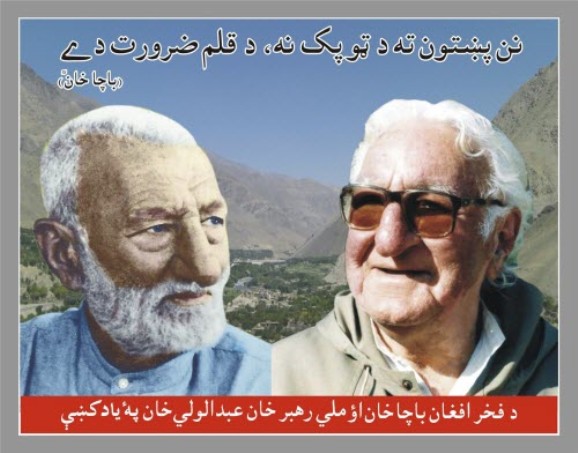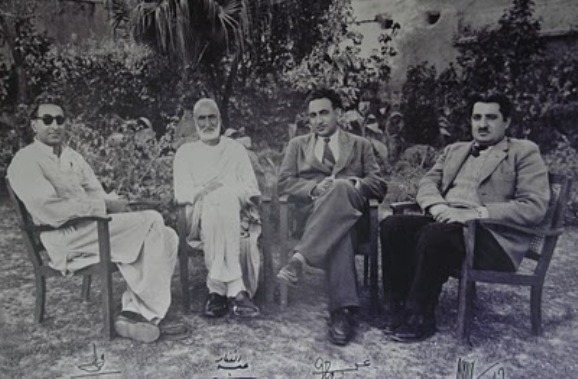The report that expressions of interest will be invited for consultancy services for the design and preparation of tender documents for the Munda dam has resulted in optimism that work on the dam could begin soon. The delay in undertaking controversial dam projects for which a national consensus has not been reached is understandable. But procrastination in projects for which there is a consensus — as in the case of Munda dam proposed to be built on the River Swat — is not. The project has been in the pipelines for over a decade. It has already been approved by the various relevant national forums, including parliament. But attempts several years ago to undertake the project through a consortium of private-sector partners landed the matter in court, where the case is still pending.
The building of dams for irrigation and power is a necessity to cope with power and food shortages. Dams also constitute an important measure in flood mitigation. The advantages of the Munda dam project are well recognised and most experts agree its advantages outweigh any adverse impacts. Apart from a water storage reservoir of 1.3 million acre feet and a power generation capacity of 740 megawatts, the dam’s two planned canals on the right and left banks will help to irrigate nearly 30,000 acres of farmland in Mohmand Agency, Tangi tehsil in Charsadda district and Malakand Agency.
The building of dams for irrigation and power is a necessity to cope with power and food shortages. Dams also constitute an important measure in flood mitigation. The advantages of the Munda dam project are well recognised and most experts agree its advantages outweigh any adverse impacts. Apart from a water storage reservoir of 1.3 million acre feet and a power generation capacity of 740 megawatts, the dam’s two planned canals on the right and left banks will help to irrigate nearly 30,000 acres of farmland in Mohmand Agency, Tangi tehsil in Charsadda district and Malakand Agency.
Not only is overall farm production expected to increase in these localities, the favourable impact is expected to spill over into the non-farm sector. Besides, the reservoir behind the dam would also provide recreational facilities and give a boost to the surrounding fisheries. All in all, Munda dam can bring considerable improvement to the lives of the people living near it — areas which have been ravaged by terrorism. With national consensus, hopefully there will be no snags this time.







 1:00 PM
1:00 PM
 Muhammad Zai Khan
Muhammad Zai Khan








